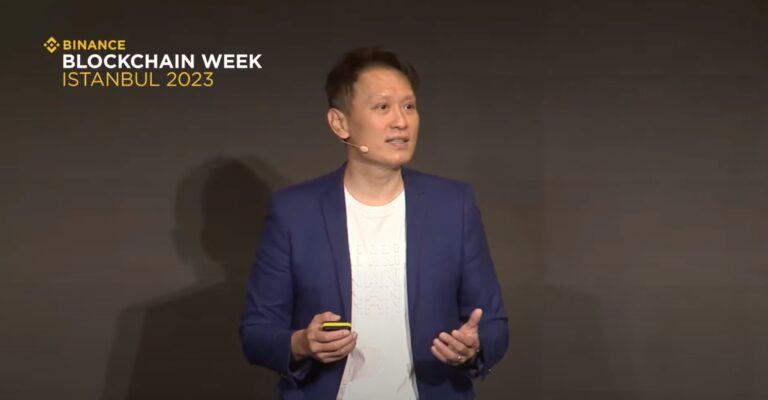In a recent interview with CoinDesk, Binance CEO Richard Teng provided an in-depth look at the strategic direction and future plans of Binance, one of the world’s largest cryptocurrency exchanges.
Teng began by discussing the significant changes that have taken place in Binance’s organizational structure since he took over. The company has transitioned from a founder-led organization under CZ (Changpeng Zhao) to a board-led structure.
This change has resulted in a more rigorous style of corporate governance, with three independent directors on the board and a talented group of international senior executives managing day-to-day operations. This new structure aims to create a more sustainable and robust platform that can navigate the complexities of the global regulatory landscape.
One of the most critical areas for Binance under Teng’s leadership is regulatory compliance. Teng highlighted Binance’s efforts to work closely with global regulators to advance the deployment of cryptocurrency and develop regulatory frameworks that manage risks while supporting innovation. He acknowledged the challenges Binance has faced in the past, including penalties for non-compliance, and expressed the company’s commitment to building a compliant and transparent platform.
Since the beginning of 2024, Binance has secured several additional licenses globally, bringing the total number to 19. Notably, Binance recently received approval from India’s Financial Intelligence Unit, marking its 19th global license. Earlier this year, Binance also secured licenses in Dubai and Thailand, further expanding its global footprint.
Teng highlighted Binance’s substantial investment in compliance. In 2022, Binance spent $158 million on compliance, which increased to $213 million in 2023. The company continues to invest heavily in this area, with further increases expected in 2024.
Binance has been recruiting high-level talent to enhance its compliance functions, including hiring senior executives from leading financial institutions like Morgan Stanley and Kraken. Teng says this focus on compliance is part of Binance’s broader strategy to build the most robust and resilient platform in the industry.
Asked about the possibility of an initial public offering (IPO) or fundraising, Teng said that Binance is in a very strong financial position and does not need to consider these options at this time. He stressed that such decisions are up to the board and shareholders, not him personally. Instead, Teng and his team are focused on building a sustainable and vibrant ecosystem for the future of cryptocurrency.
Binance’s future plans include continuing to develop blockchain technology, supporting innovative projects, and attracting top talent to work on building the future of the crypto space. Teng expressed his commitment to ensuring that Binance not only succeeds in the present but also thrives for decades to come.




